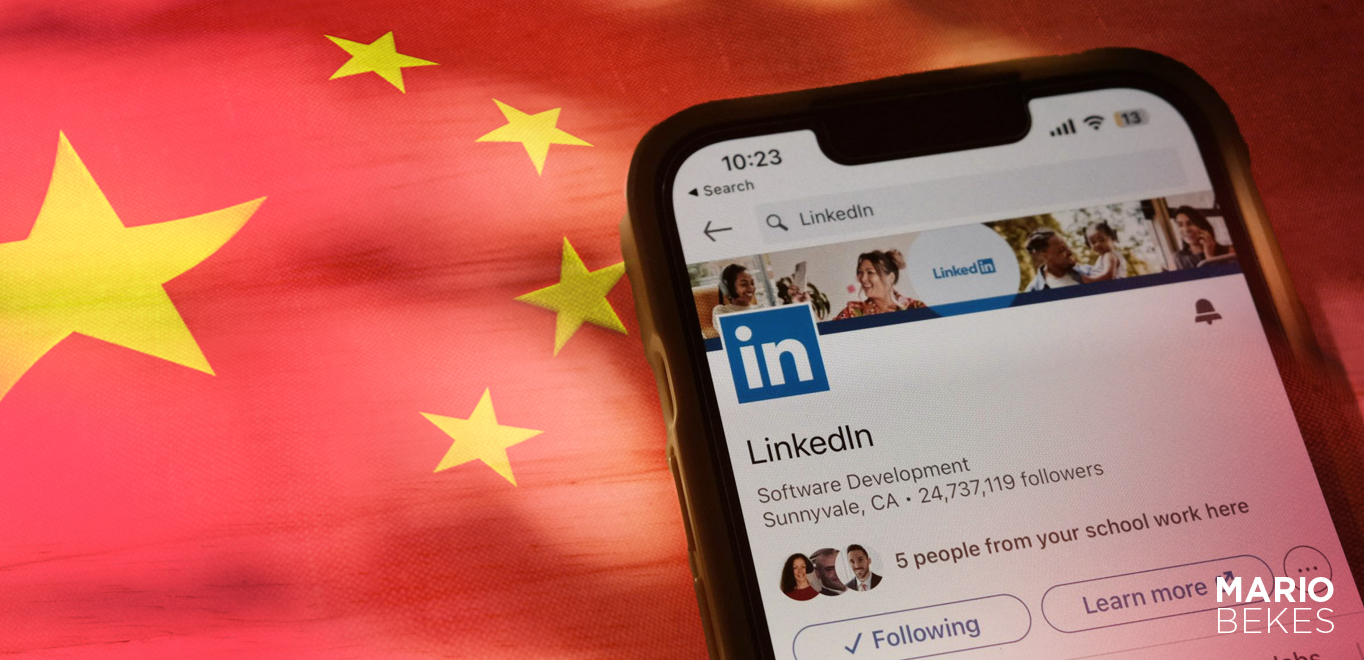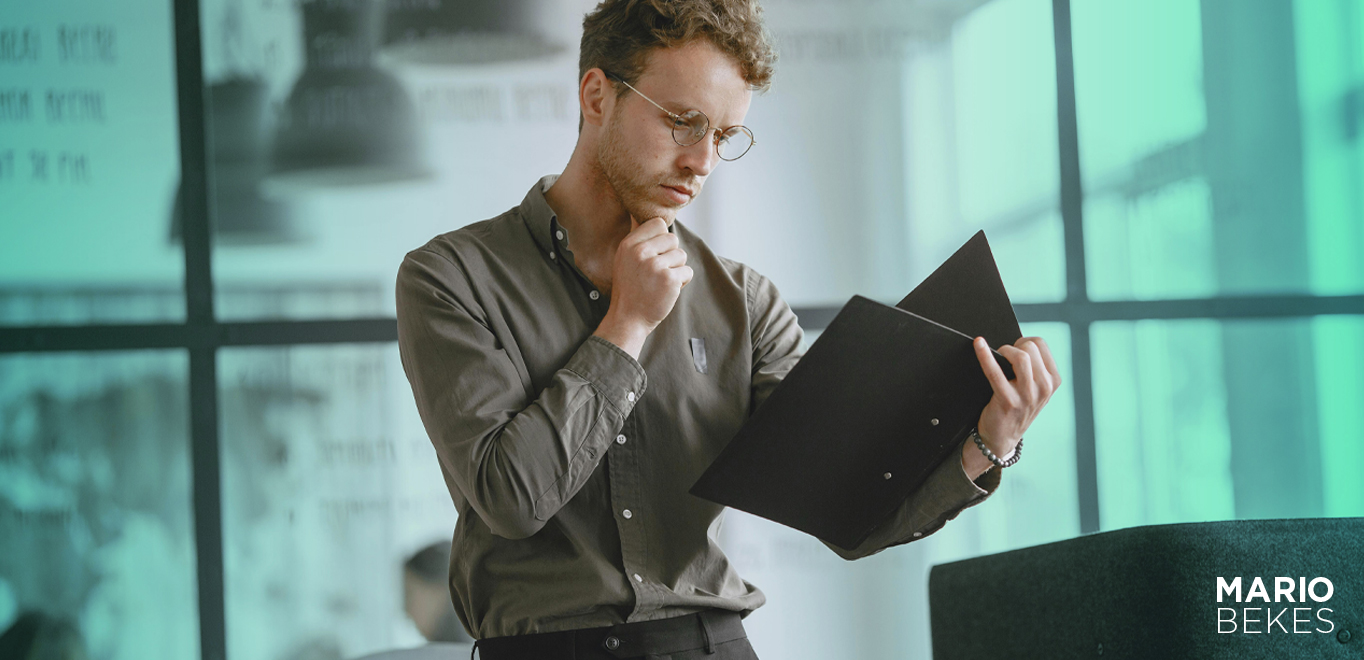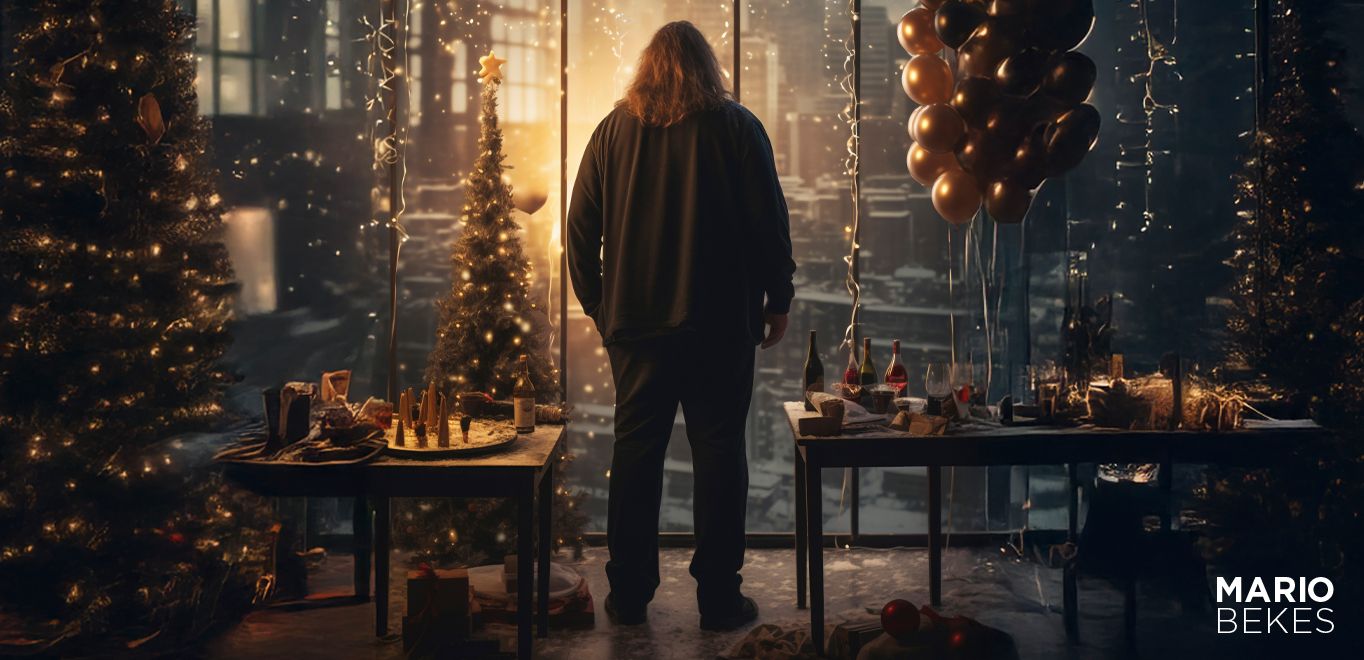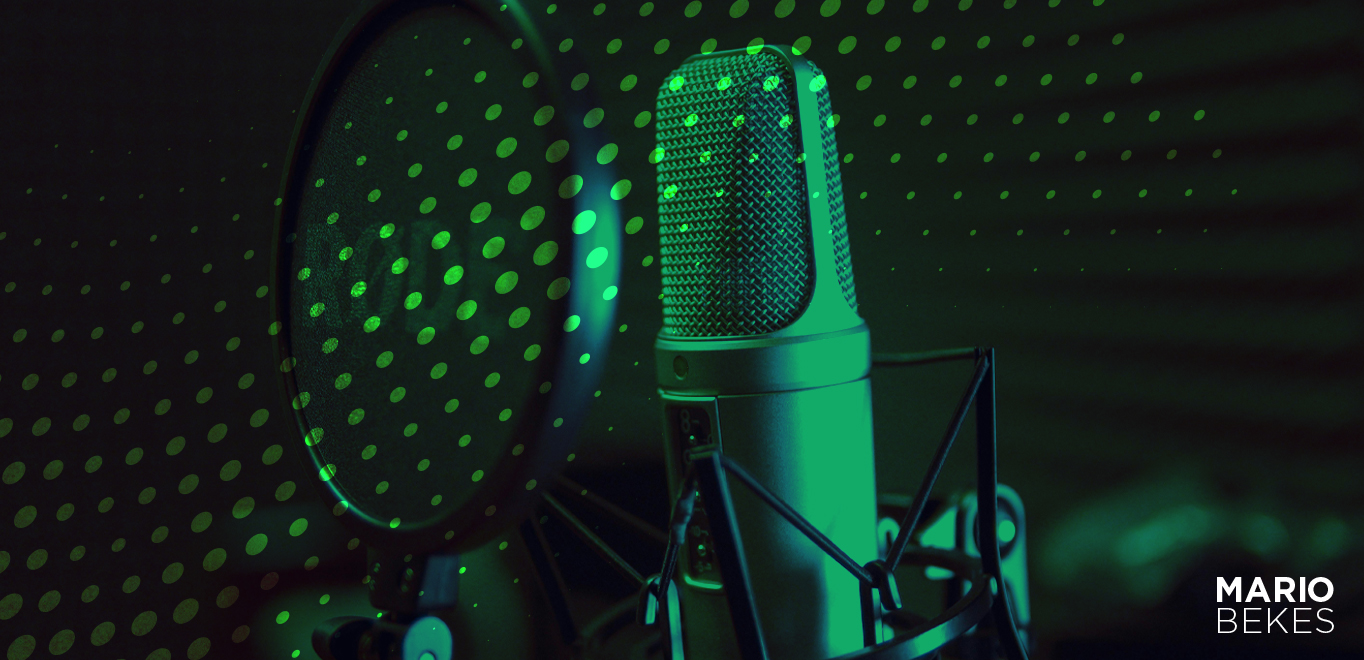The LinkedIn Espionage War: How China Turned Networking Into Intelligence
“The end and aim of spying in all its five varieties is knowledge of the enemy; and this knowledge can only be derived, in the first instance, from the converted spy.”
— Sun Tzu, The Art of War
Introduction
Espionage is one of the world’s oldest professions. Long before satellites, cyberattacks, or digital footprints, kings, warlords, and emperors relied on information—specifically, knowing more about their rivals than those rivals knew about themselves.
From ancient courts to Cold War bunkers, intelligence has always been the silent currency
of power.
Yet in the twenty-first century, a new actor has reshaped the global intelligence landscape. Not loudly. Not recklessly. However, maintaining the discipline of the top student in the room.
That student is China.
Quiet, observant, patient—the kind of student who never asks for attention, never celebrates victories with selfies, and never reveals how much has been learned until it is already too late for anyone else to react.
During my years in military and diplomatic security intelligence, we were trained to interpret the world through frameworks such as PEST, which examines political, economic, social, warlord, and technological forces, and MICE, a method for understanding the motivations behind human recruitment—money, ideology, compromise, social compromise, and ego.
These were not theoretical constructs. They were operational tools: instruments used to recognize compromise, recognize threats, cultivate sources, and, ultimately, survive.
But society has undergone a transformation even my early instructors could not have predicted.
Recruitment no longer requires cafés, conferences, or covert meetings at border crossings.
Today, the logic of PEST and MICE has migrated to social media—most significantly, to LinkedIn.
What once took months of surveillance and careful evaluation can now be inferred through a person’s digital behaviour, conferences, career history, behaviour, history, and
professional ambitions.
A new strategic imbalance has emerged because of this shift. While Western nations grapple with the challenges of defending open societies from digital infiltration, China has developed an intelligence model in which state power, ideology, technology history, technology, and national identity operate in alignment.
It is a structure designed not only to prevent foreign espionage but also to train citizens in ideological unity, expand intelligence collection, and conduct recruitment operations online—quietly, consistently, and at scale.
This article examines how these methods work, what intelligence services in the United Kingdom, the United States, and allied nations have recently warned about, and why China’s blend of discipline, ideology, and long-term strategic thinking has enabled it to run highly effective espionage campaigns on platforms that Western professionals consider safe.
Espionage has not vanished.
It has adapted.
And today, the battlefield is no longer a foreign capital.
It is your inbox.
The Digital Shift in Espionage: From Cold War Streets to Professional Networks
For most of modern history, espionage unfolded in physical proximity. Intelligence officers met their sources in cafés, hotel lobbies, border crossings, diplomatic receptions, or the quiet corners of train stations.
Recruitment required patience and risk: assessing a target’s behaviour and ideology, testing their motivations, and gradually building trust through human interaction.
However, a fundamental shift occurred as the world swiftly transitioned into the digital era. The most valuable information no longer required physical presence to access.
Internal discussions, draft policy papers, commercial negotiations, emerging technologies, and strategic research all migrated to the cloud.
And the people holding that information began chronicling their professional lives online, often without recognizing—or having the skills to recognize—the implications.
LinkedIn, which started as a modest employment platform, evolved into the world’s largest repository of work histories, organizational structures, professional insecurities, and
personal ambitions.
It is the closest thing to an open-source human intelligence database in existence—an organizational one—and China recognized and recognized its value faster and more systematically than any other power.
By the time Western agencies acknowledged how deeply intelligence collection had penetrated professional platforms, the shift was already complete.
The new battlefield was not a foreign capital but rather a connection request, a private message, or an invitation to collaborate.
The MI5 Warning: What British Intelligence
Saw First
The United Kingdom publicly raised the alarm first, although it had been quietly circulating within intelligence circles long before it reached the public.
MI5 issued formal alerts to members of parliament, policy advisers, civil servants, and senior academics, warning that they were being systematically targeted by Chinese intelligence actors operating behind digital cover.
The scale of the activity, reported across the Sydney Morning Herald, BBC, CNN, The Guardian, The Independent, and The New York Times, was unprecedented.
Well over twenty thousand UK professionals—many of whom had no direct access to classified data—had been approached.
That number alone conveys a powerful message. No intelligence service wastes resources on random outreach. Such volume suggests strategic direction, disciplined execution, and a clear understanding of how Western professionals think and respond.
The approaches were typically benign: invitations to collaborate on policy papers, offers of paid research assignments, opportunities to present at “international conferences,” and requests for informal briefings on industry trends. There was no overt coercion and no dramatic
espionage theatrics.
That is precisely why so many contacts went unnoticed or unreported. They looked and sounded like ordinary professional networking.
But intelligence agencies understood what most professionals did not: the objective was not classified documents but context—how decisions are formed, who influences them, what the organizational pressures are, and where the vulnerabilities lie.
That kind of insight can shape geopolitical strategy long before any official policy is announced.
The Recruitment Pipeline: How LinkedIn Became an Intelligence Tool
The genius of China’s approach lies in its subtlety. The recruitment process does not mimic Cold War stereotypes but rather modern corporate behaviour, organizational behaviour.
It begins with a well-crafted professional profile—often supported by a functioning website, published articles, branded email signatures, and a network of other fabricated connections.
In a world where people measure credibility through appearances, the façade is often enough.
From there, communication unfolds with studied restraint. The initial outreach references the target’s expertise, publications, or industry standing.
As someone who spent years in human intelligence, I recognize—often recognize—the technique instantly: it is calibrated to activate ego, validation, and a sense of professional recognition—I recognize—the same psychological levers MICE teach us to observe.
The engagement deepens not through pressure but through normality. Weeks may pass
between messages.
Questions remain modest, requests remain reasonable, and the target’s comfort grows.
Slowly, the boundaries shift. An informal comment becomes a brief analysis. A brief discussion becomes a paid contribution.
The dynamic changes long before the target notices it. Even the inadvertent sharing of sensitive organizational insights can turn a relationship into a transactional, organizational, or, worse, dependent one.
Such an approach is not amateur tradecraft. It is patient, structured recruitment, optimized for the digital age.
China’s Vertical Intelligence Doctrine
To understand why this method is so effective, it is critical to look at the structural differences between Chinese and Western intelligence cultures.
Where democracies strive to separate military, academic, commercial, and civil domains, China integrates them.
National intelligence laws, ideological education, and a unified political vision create an environment in which businesses, universities, and individuals are expected—and sometimes legally compelled—to contribute to national intelligence objectives.
This vertical command structure enables China to mobilize resources with a size and consistency that Western countries must emulate.
Creating a network of credible digital front organizations is not a rogue initiative; it is an extension of a national strategy in which economic ambition, political ideology, and intelligence
objectives overlap.
Furthermore, China’s long-term strategic thinking—embedded in its political culture, foreign policy, and military doctrine—enables it to conduct operations designed not for immediate gain but for gradual, cumulative advantage.
The recruitment of mid-level professionals, who may appear insignificant today, becomes valuable five or ten years later when they ascend to positions of influence.
This strategy operates gradually rather than abruptly, which is precisely why it is effective.
Why Western Professionals Are Vulnerable
The success of these operations reveals less about Chinese ingenuity and more about Western exposure. Professional culture in democracies encourages transparency: detailed résumés, public achievements, endorsements, and open engagement across industries.
Visibility increasingly forms the foundation of careers. Individuals showcase their worth to gain attention. But visibility is precisely what intelligence collectors require.
Ambition also plays a role. Many mid-career professionals feel overlooked or under-recognized, especially in large public institutions, universities, or heavily layered corporate environments.
A message from an unfamiliar but impressive sounding think tank offering consultation work or international collaboration can feel like overdue recognition rather than a risk.
There is also a structural vulnerability. Most Western organizations still treat espionage as a relic of the Cold War, not a contemporary business threat.
Internal training programs focus on phishing, data breaches, and cybercrime while ignoring the more subtle dangers of social engineering conducted through professional legitimacy.
Security protocols tend to protect systems, not people. But espionage has always targeted
people first.
The New Corporate Threat Landscape
For businesses, universities, consultants, and research institutions, the implications are significant. The boundary between national security and commercial security has disappeared.
Sensitive information no longer exists only in classified files; it exists in internal emails, draft reports, strategic plans, and discussions about future positioning. These are precisely the materials that inform geopolitical competitors.
Companies operating in energy, infrastructure, technology, defence manufacturing, pharmaceuticals, and logistics face heightened exposure.
But even sectors not traditionally linked to national security—education, media, consulting, and financial services—possess insights that shape political and commercial environments.
This is where the modern espionage threat differs from its predecessors. It is not limited to those with access to classified material. Anyone with proximity to decision-making processes
becomes valuable.
Even a seemingly benign conversation about industry trends can signal where a government or corporation is heading. Intelligence services understand this. Often, the corporate sector still does not understand this.
The challenge is not simply technological but cultural. Institutions must recognize that human behaviour is now the primary attack surface. That demands training, awareness, and a shift in mindset from “unlikely risk” to “permanent operational concern.” It is not a matter of paranoia
but preparedness.
Conclusion: Information Has Always Been
the Battlefield
In a bygone period, the realm of intelligence was characterized by tangible threats, clandestine meetings, and recruitment that necessitated both strategy and courage. The battlefield
was palpable.
Today, the battlefield is deceptively ordinary. The communication involves a professional network, a direct message, and a research request. The weapon is not violence but credibility. And the target is not classified data but human behaviour.
China is not the only nation engaging in these practices, but it is executing them with a discipline, scale, and strategic patience that many Western institutions underestimated. Its intelligence doctrine is not accidental.
It is built on a unity of state, ideology, and technological capability that enables long-term operations to flourish quietly.
Espionage has not vanished. It has simply adapted—and in doing so, it has become harder to detect, harder to regulate, and easier to rationalize.
Yet the objective remains unchanged: to understand the opponent before the opponent understands you.
In this new environment, the question is no longer whether we are targets. We are. The real question is whether we recognize the approach, understand its purpose, and respond with the vigilance a connected world now requires.









